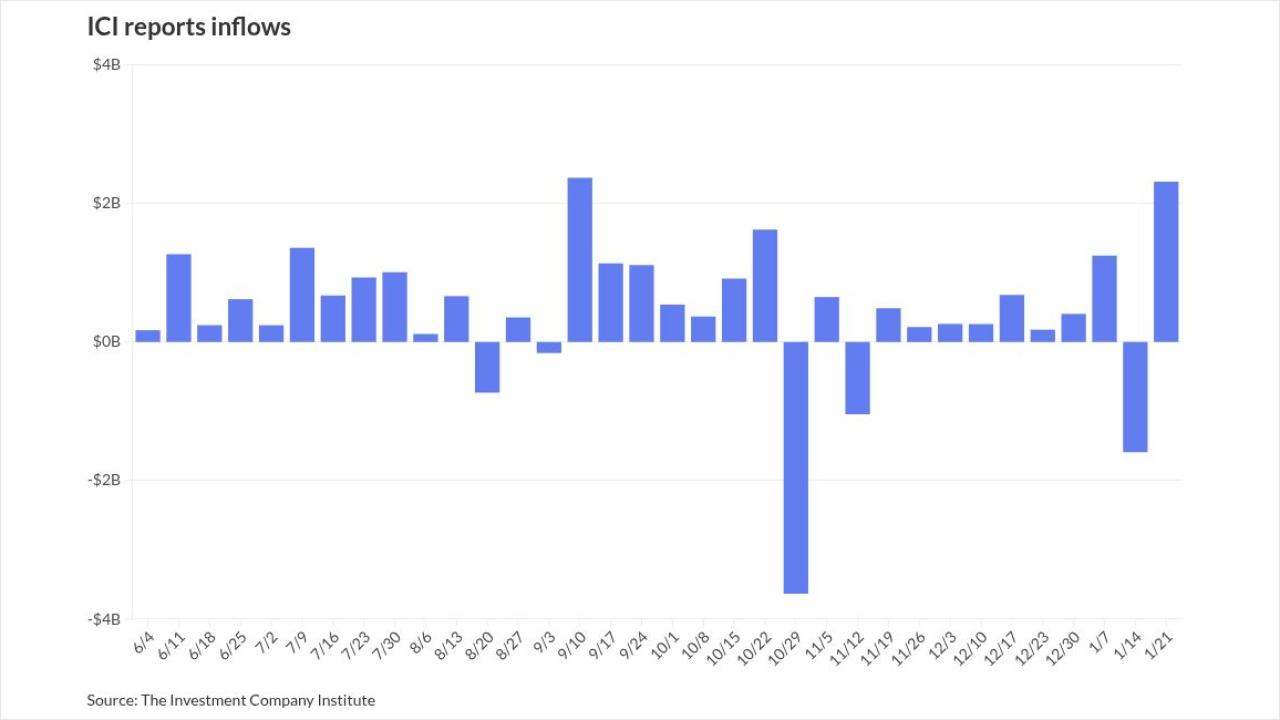
Municipal market participants, fresh off a
That's the message Rep. Rudy Yakym, R-Ind., delivered to bond-issuing cities and states in remarks Tuesday that opened the Government Finance Officers Association's seventh annual "Mini Muni" three-day virtual conference.
"You just never know. We could have another tax bill, another reconciliation bill, later this year or next year," Yakym said. "I wouldn't take your foot off the gas," he said. "It's really important that you continue to educate people and remind them, early and often, why it's important that we maintain [tax-exempt bonds] going forward."
Yakym is co-chair of the House Municipal Finance Caucus with Democrat Rep. Terri Sewell, R-Ala. Both sit on the powerful House Ways and Means Committee. Before joining Congress in 2022, Yakym served on the board of the Indiana Finance Authority, where he said he learned the ins-and-outs of public finance from long-time director Dan Huge.
The possibility that Republicans might terminate the tax-exemption on municipal bonds became clear in January, when a
"For me that was a pretty bright red line," he said. "We articulated that very clearly to the committee; that would be a huge problem for us in the Hoosier state."
During the following months-long OBBBA negotiations, Yakym said he would head into Ways and Means meetings "with a very thick, three-ring binder dealing with every issue that mattered to Hoosiers. The single biggest section of that binder dealt with municipal bonds and the positive impact they have across the country," he said. "We really spent a lot of time preparing to have discussions on why we did not want to have to use [muni bonds] as a pay-for."
Saving the tax exemption "never would have happened" without the lobbying effort by the GFOA, its members and other public finance players to educate members of Congress, he said.
While continuing to educate lawmakers about the importance of bonds, the market should also push to restore tax-exempt advance refunding, the Indiana congressman said. Congress permanently killed advance refunding in 2017 as part of the Tax Cuts and Jobs Act, and subsequent bills to revive it have failed to gain traction.
"It's more important now than past three years or so," he said. "Now that we're in a falling [interest] rate environment, there are a number of entities that would like to do refinancings at lower interest rates. So getting this issue fixed is going to be critical going forward."
The crush of bills introduced in a typical Congressional session — there were 10,000 introduced during the previous 118th session — means that most members aren't able to review them all, Yakym said, so highlighting the legislation that matters to public finance can be fruitful.
"When people like you visit with us ... or send us a text message ... that sets off a whole process in my and other members' offices," he said. "Your advocacy really does matter in these things and I would encourage you to keep it going."





